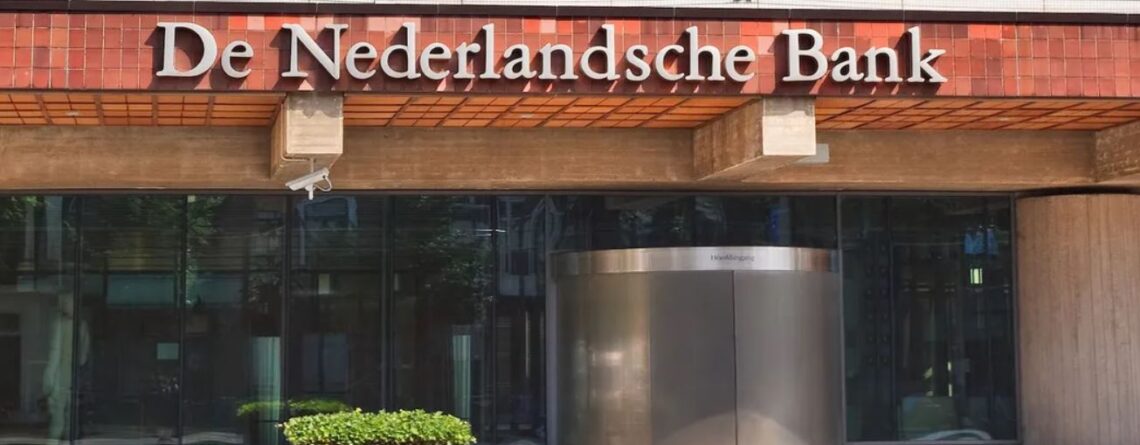Dutch central bank urges pension funds to guard against UK-style crisis
The Dutch central bank is calling on the country’s pension funds to consider boosting holdings of cash and other liquid assets to ensure that they can avoid the turmoil that has hit the UK.
Officials at the De Nederlandsche Bank have asked local retirement funds to check for signs of stress, recommending that they review liquidity rules and report on any need for fire sales of assets, people briefed on the matter told the Financial Times.
The move comes as UK pension schemes have scrambled to sell assets in response to a drop in government debt prices that sparked collateral calls in hedging strategies, following Westminster’s ill-fated “mini” Budget.
So far, the risk to the Netherlands — the EU’s largest pensions market — is deemed to be manageable. But the DNB’s cautious approach underlines how the end of the cheap money era and low interest rates demand new scrutiny of the inner workings of financial systems around the world.
“What we see at the moment is that financial institutions basically are coming to the assessment that the period of low and structurally declining interest rates combined with low volatility is over,” said Lex Hoogduin, a professor at Groningen university and a former board member of the Dutch central bank.
France’s central bank chief also warned in an FT interview this week that the recent turmoil in the UK’s bond market illustrates the “vicious loop” that governments face if they undermine efforts by rate-setters to curb soaring inflation.
The market for workplace pensions in the Netherlands accounts for almost 70 per cent of all eurozone pension fund assets, and the Dutch system shares many similarities with the UK, including large defined-benefit pension liabilities, where schemes commit to pay retirees a fixed amount based on their salary and length of service.
Few other EU countries have such big DB pension systems, with France, Germany, Italy and others relying instead on government pay-as-you-go systems, where retirement benefits are paid solely from contributions by employers and employees.
Read More @ft
285 views










